When exploring the rich and vibrant world of ancient Egyptian mythology, one simply cannot overlook the significant role played by the goddess Isis. As one of the most prominent deities in the Egyptian pantheon, Isis captivates the imagination with her complex and multifaceted character. From her origins as a revered and powerful goddess to her role as a mother, wife, healer, and protector, Isis holds a profound place in Egyptian culture and religion. Her influence extends beyond the boundaries of ancient Egypt, shaping the beliefs and practices of other civilizations as well. Join us on a captivating journey as we delve into the captivating mythology and timeless legacy of the goddess Isis.
Contents
- The Origins of Isis
- Isis as a Powerful Goddess
- Isis as a Mother and Wife
- Isis’ Influence in Egyptian Culture
- Isis Worship and Temples
- The Myth of Osiris and Isis
- The Role of Isis in Magic and Spells
- Isis’ Influence on Other Cultures
- Conclusion
-
Frequently Asked Questions
- 1. Who is Isis in Egyptian mythology?
- 2. What is the importance of Isis in Egyptian culture?
- 3. What are some symbols associated with Isis?
- 4. How did Isis become the goddess of magic?
- 5. What role did Isis play in the myth of Osiris?
- 6. How did Isis influence other cultures?
- 7. Were there any specific rituals or festivals dedicated to Isis?
- 8. What is the significance of Isis as a healer?
- 9. Were there any temples dedicated to the worship of Isis?
- 10. How does Isis’s role as a mother and wife reflect her character?
- References
-
Frequently Asked Questions
- What is the role of Isis in Egyptian mythology?
- Who is Isis married to?
- What are the origins of Isis?
- What is the significance of Isis as a mother?
- What is the role of Isis in Egyptian culture?
- What was Isis’ role in ancient Egyptian magic?
- Where were temples dedicated to Isis located?
- How did Isis influence other cultures?
- What role did Isis play in the myth of Osiris?
- What are some symbols associated with Isis?
- References
- Read More
The Origins of Isis
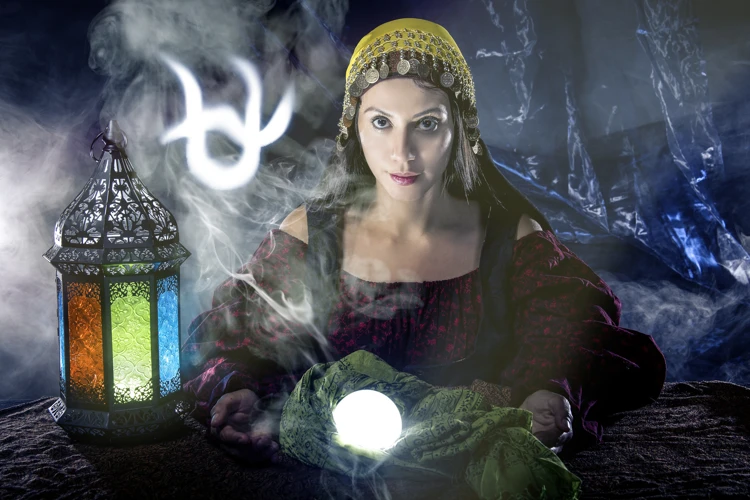
The origins of Isis trace back to the earliest periods of Egyptian mythology, where she emerged as a powerful and revered goddess. In ancient Egyptian cosmology, Isis was believed to be the daughter of Geb, the god of the earth, and Nut, the goddess of the sky. She was also the sister and wife of Osiris, the king of the underworld. The earliest depictions of Isis show her as a young woman wearing a headdress in the shape of a throne, symbolizing her connection to royalty and power.
Isis as a Powerful Goddess
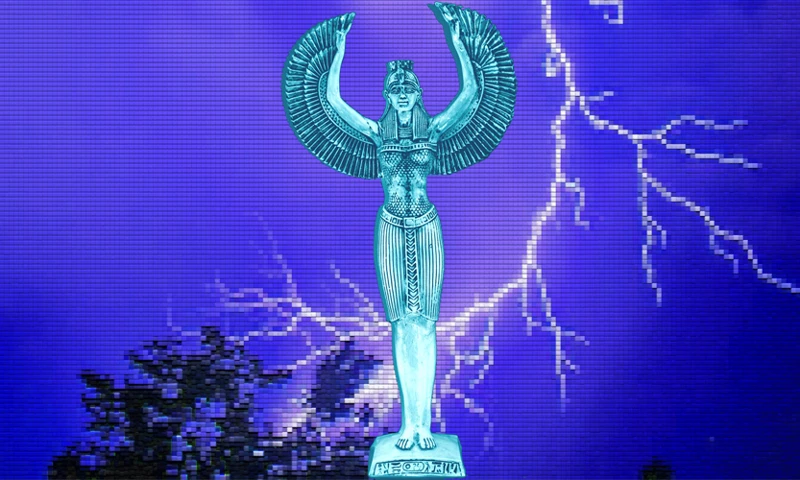
As a powerful goddess in Egyptian mythology, Isis held a position of great importance and influence. She was revered for her multifaceted nature and the many roles she embodied. One of her prominent roles was that of a divine healing and fertility goddess. Isis was believed to possess incredible healing powers, and her worshipers sought her aid in matters of physical and emotional well-being. She was often invoked during childbirth and was regarded as the protector of mothers and the unborn. Additionally, Isis was associated with fertility and agriculture, playing a vital role in ensuring the prosperity of the land and its people.
The Divine Healing and Fertility Goddess
Isis held a vital role as a divine healing and fertility goddess within Egyptian mythology. She was often invoked for her ability to bring about healing, both physical and spiritual, and was believed to possess immense magical powers. As the giver of life, Isis was closely associated with fertility and motherhood. Her role as a fertility goddess was revered by both women seeking to conceive and farmers seeking bountiful harvests. Isis was also known as the patroness of magic and spells, with her knowledge of ancient and powerful incantations passed down through generations. Her healing and fertility attributes made her a beloved figure among the Egyptian people, who sought her assistance in times of need.
The Protector of the Dead and Afterlife
As the Protector of the Dead and Afterlife, Isis held a vital role in Egyptian mythology and religious practices. It was believed that she possessed immense magical powers and had the ability to resurrect the deceased. In this aspect, she was often depicted with her wings outstretched, symbolizing her role as a compassionate guardian who would guide souls to the afterlife. Isis was also considered the ultimate mourner, grieving and mourning for the loss of her beloved husband Osiris. This aspect of her character made her a relatable figure for mourners and served as a source of comfort during times of grief and loss.
Isis as a Mother and Wife
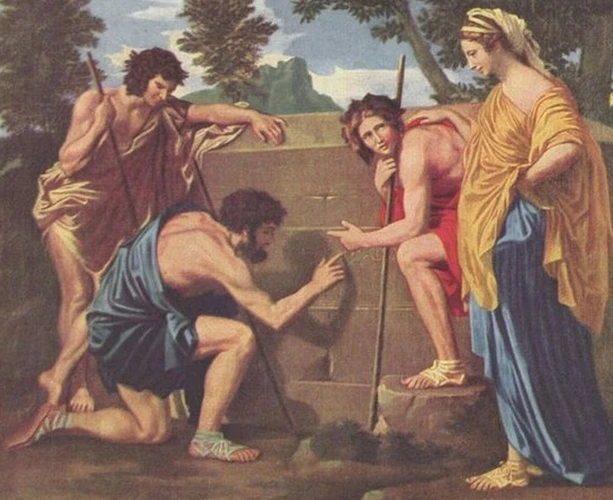
One of the significant roles of Isis in Egyptian mythology is her portrayal as a mother and wife. As the devoted wife to Osiris, the king of the dead, Isis embodies the concept of eternal love and loyalty. She is also known as the mother of Horus, the divine child who went on to become one of the most important gods in Egyptian mythology. In her role as a mother, Isis is revered as a nurturing and protective figure, ensuring the wellbeing and prosperity of her son. Through her maternal and marital connections, Isis represents the ideals of family, motherhood, and the eternal bond between spouses.
Mother of Horus, the Divine Child
One of the most well-known aspects of Isis’ mythology is her role as the mother of Horus, the divine child. According to ancient Egyptian beliefs, Isis conceived Horus after her husband Osiris was murdered by his jealous brother Set. Through her unwavering devotion and magical abilities, Isis was able to resurrect Osiris long enough to conceive their son. As a mother, Isis played a crucial role in protecting and nurturing Horus, ensuring his survival and guiding him towards his destiny as a powerful deity. The relationship between Isis and Horus symbolizes the eternal cycle of life, death, and rebirth, representing the triumph of light and goodness over darkness and evil.
Devoted Wife to Osiris, the King of the Dead
As the devoted wife to Osiris, the king of the dead, Isis played a crucial role in the ancient Egyptian myth of Osiris and his resurrection. When Osiris was murdered by his jealous brother Seth, his body was dismembered and scattered across the land. Undeterred by this horrifying act, Isis embarked on a quest to find and reassemble the body of her beloved husband. Through her unwavering determination and resourcefulness, she managed to locate and reunite the fragmented pieces of Osiris’ body, except for his phallus, which had been swallowed by a fish. Utilizing her profound magical powers, Isis then restored Osiris to life, albeit only temporarily, long enough to conceive their son Horus. This act solidified Isis’ role as the mother of the divine child and the protector of the royal lineage. Despite being married to a king of the dead, Isis exemplified eternal love, devotion, and the power of resurrection.
Isis’ Influence in Egyptian Culture
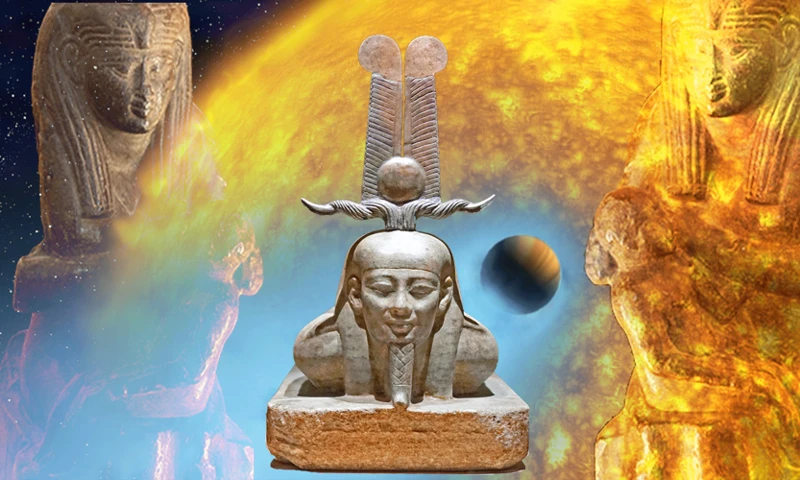
Isis’ influence in Egyptian culture was far-reaching, permeating various aspects of society. As the goddess of healing and fertility, she played a crucial role in matters of health and procreation. Egyptians regarded her as a divine healer, and her temples were important centers for medical treatment and rituals. Her association with fertility made her a patroness of childbirth and motherhood, offering reassurance and protection to expectant mothers and young children.
Isis’ status as the protector of the dead and the afterlife solidified her importance in Egyptian funerary traditions. She was believed to possess the power to resurrect the deceased and grant them eternal life. The Book of the Dead, a collection of spells and prayers for the journey into the afterlife, frequently invoked Isis for her guidance and assistance.
Isis’ influence extended beyond religious practices and into the realm of politics and kingship. Pharaohs often associated themselves with Isis, emphasizing their divine right to rule and presenting themselves as father figures to their subjects. The veneration of Isis also transcended social boundaries, with both commoners and the elite showing reverence to the goddess.
Apart from her religious and cultural significance, Isis was a symbol of feminine power and strength. Her role as a cunning and resourceful goddess who revived Osiris and protected her son Horus exemplified the qualities that Egyptian society admired in women.
The influence of Isis was not limited to Egypt alone. With the expansion of the Egyptian empire, her worship spread to other lands, assimilating with different cultures and influencing religious beliefs. She became a prominent figure in the Greco-Roman world, with the worship of the goddess Isis gaining popularity and evolving into various religious syncretisms.
Isis’ influence in Egyptian culture was profound and enduring, leaving an indelible mark on religion, politics, gender roles, and artistic expression.
Isis Worship and Temples
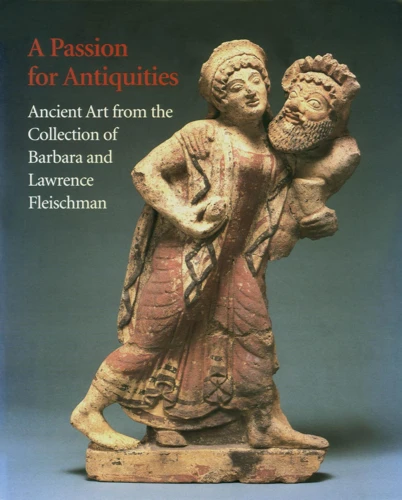
Isis worship was an integral part of ancient Egyptian religious practices, with numerous temples dedicated to her throughout the Nile Valley. One of the most prominent and revered temples was the Temple of Isis, located on the island of Philae. This temple served as a center of worship for Isis, attracting pilgrims from far and wide. The Temple of Isis was a grand and magnificent structure, adorned with intricate carvings and hieroglyphs depicting the goddess and her various aspects. Worshipers would gather at the temple to offer prayers, sacrifices, and seek the blessings of Isis.
The Myth of Osiris and Isis
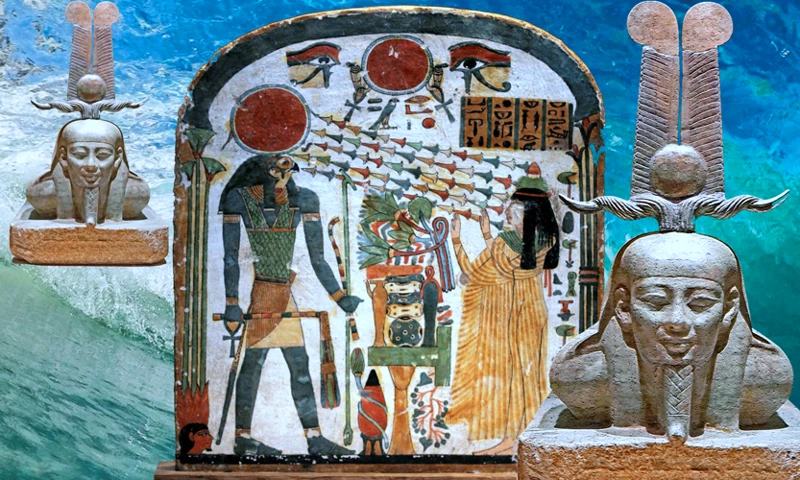
The myth of Osiris and Isis is one of the most enduring and captivating stories in Egyptian mythology. The tale revolves around Osiris, the god-king of Egypt, and his sister-wife Isis. Osiris was an enlightened ruler who brought civilization and prosperity to the land. However, his jealous brother Set harbored a deep resentment and plotted against him. Set tricked Osiris into entering a casket, which he then sealed and cast into the Nile. Devastated by the loss of her beloved husband, Isis embarked on a relentless search to find his body. After a long and arduous journey, she discovered the casket in the city of Byblos, where it had been entwined in a tree. Isis brought Osiris back to Egypt and used her divine powers to resurrect him. Osiris became the ruler of the underworld, and Isis, as his devoted wife, became the queen of the afterlife, bringing hope and comfort to the souls of the deceased.
The Role of Isis in Magic and Spells
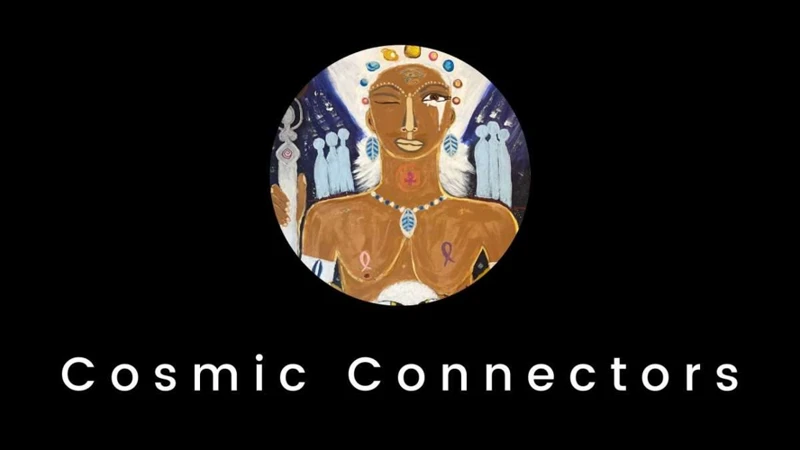
In Egyptian mythology, Isis played a significant role in magic and spells. She was considered a skilled magician and had extensive knowledge of the supernatural. Isis was often invoked for protection, healing, and fertility through the use of spells and rituals. Her magical abilities were particularly associated with her role as the giver of life, which made her a source of divine power. Priests and priestesses would perform rituals and incantations in honor of Isis, seeking her assistance in matters of health, love, and prosperity.
One famous spell attributed to Isis was the “Ritual of the Opening of the Mouth,” which was performed on statues, mummies, and tombs to ensure the spiritual well-being of the deceased. This ritual was believed to bring life and vitality to the deceased and ensure their successful journey into the afterlife.
Another significant aspect of Isis’ role in magic was her association with the use of amulets and talismans. Amulets bearing the image of Isis were believed to possess protective qualities and ward off evil spirits and diseases. These amulets were worn by both the living and the deceased.
Isis’ Influence on Other Cultures
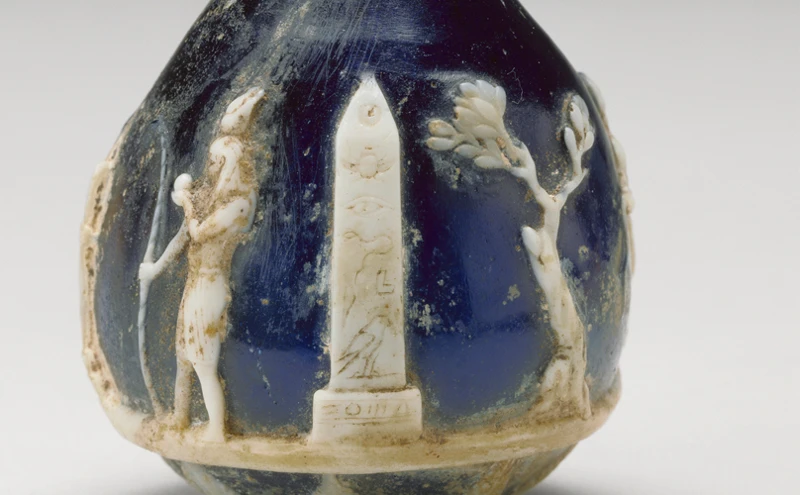
Isis, with her captivating story and divine attributes, had a significant influence on other cultures beyond ancient Egypt. As Egypt expanded its reach and influence, so did the worship and reverence of Isis. The cult of Isis spread throughout the Mediterranean region, particularly in the Greco-Roman world. In these cultures, she became associated with various other goddesses, such as Aphrodite and Demeter. Her attributes as a protective deity and the giver of life resonated deeply with people, and her worship spread far and wide. Temples dedicated to Isis emerged in cities such as Rome, Athens, and Pompeii, solidifying her presence in these cultures. The Hellenistic influence on Egyptian culture also brought about a fusion of Isis with other deities, leading to the creation of new syncretic goddesses. The influence of Isis can even be seen in the artwork and symbolism of later civilizations, demonstrating the enduring impact of her myth and symbolism.
Conclusion
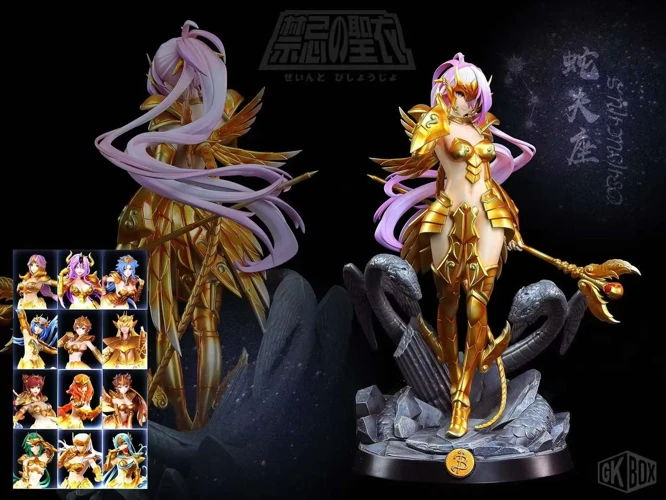
- In conclusion, the role of Isis in Egyptian mythology is nothing short of remarkable. As a goddess of immense power and influence, she held the titles of healer, protector, mother, and wife, among many others. Her origins as the daughter of Geb and Nut, and her close association with Osiris, further enhanced her significance within the pantheon. Isis played a pivotal role in Egyptian culture, shaping religious beliefs, and rituals. Her worship was widespread, and numerous temples were dedicated to her throughout ancient Egypt. The myth of Osiris and Isis, which portrays her unwavering love and determination in resurrecting her husband, is a testament to the profound devotion she inspired. Not only did Isis leave an indelible mark on Egyptian society, but her influence also resonated with other cultures and civilizations. Even today, the legacy of Isis endures, reminding us of the enduring power of myth and the complexities of the human imagination.
Frequently Asked Questions

1. Who is Isis in Egyptian mythology?
Isis is an ancient Egyptian goddess who holds a significant role in mythology as the daughter of Geb and Nut, sister and wife of Osiris, and mother of Horus. She is often depicted as a powerful and revered deity associated with various aspects of life.
2. What is the importance of Isis in Egyptian culture?
Isis played a crucial role in Egyptian culture as a goddess of fertility, healing, protection, and the afterlife. She was highly revered and worshipped by individuals from all walks of life, and her influence extended beyond Egypt’s borders.
3. What are some symbols associated with Isis?
Isis is commonly depicted with a vulture headdress or horns, symbolizing her connection to royalty and power. She is also often shown holding an ankh, the symbol of life, or a sistrum, a musical instrument associated with ritualistic practices.
4. How did Isis become the goddess of magic?
Isis earned her title as the goddess of magic through her resourcefulness and cunning. According to myth, she tricked Ra, the sun god, into revealing his secret name, which gave her control over his power and made her the most powerful magician in the universe.
5. What role did Isis play in the myth of Osiris?
In the myth of Osiris, Isis played a pivotal role as the devoted wife who resurrected her husband after he was murdered by his brother, Set. With her magical abilities and determination, Isis pieced together the dismembered body of Osiris and brought him back to life, conceiving their divine child Horus.
6. How did Isis influence other cultures?
The worship of Isis spread beyond Egypt’s borders, particularly during the Hellenistic period, when her cult gained popularity in the Greco-Roman world. Her attributes and symbolism also influenced other cultures, including the Greek goddess Demeter and the Roman goddess Venus.
7. Were there any specific rituals or festivals dedicated to Isis?
Yes, there were several rituals and festivals dedicated to Isis throughout ancient Egypt. One of the most famous was the “Isia,” a multi-day celebration commemorating the resurrection of Osiris. During this festival, dramatic reenactments of the myth of Osiris and Isis were performed.
8. What is the significance of Isis as a healer?
Isis was revered as a goddess of healing and was often invoked in prayers for physical and spiritual well-being. She was believed to possess the power to cure diseases and alleviate suffering, making her a symbol of hope and restoration.
9. Were there any temples dedicated to the worship of Isis?
Yes, there were numerous temples throughout ancient Egypt dedicated to the worship of Isis. The most famous of these was the Temple of Isis at Philae, located on an island in the Nile River. It served as a prominent center for the cult of Isis and attracted pilgrims from all over the region.
10. How does Isis’s role as a mother and wife reflect her character?
Isis’s role as a mother and wife reflects her nurturing and protective nature. As the mother of Horus, she symbolized the divine maternal instinct, while her unwavering devotion to her husband, Osiris, represented her loyalty and commitment to family.
References
- “I Am Isis”: The Role of Speech in the Cult of Isis
- Egyptian Goddess Isis | Facts, Backstory & Symbol
- Isis was the Egyptian Goddess of Magic
Frequently Asked Questions

What is the role of Isis in Egyptian mythology?
Isis plays a central role in Egyptian mythology as a powerful goddess associated with healing, fertility, protection of the dead, and magic.
Who is Isis married to?
Isis is married to Osiris, the king of the dead, and together they have a divine child named Horus.
What are the origins of Isis?
Isis originates from ancient Egyptian mythology and is believed to be one of the oldest and most significant goddesses in the Egyptian pantheon.
What is the significance of Isis as a mother?
Isis is revered as a nurturing and loving mother figure, especially as the mother of the divine child Horus, who was a symbol of pharaonic kingship.
What is the role of Isis in Egyptian culture?
Isis had a profound influence on Egyptian culture, being worshipped as a goddess of fertility, healing, and protection. She was also a symbol of divine kingship and played a key role in religious ceremonies and rituals.
What was Isis’ role in ancient Egyptian magic?
Isis was considered a powerful magician and was known for her ability to use magic and spells for healing, protection, and bringing about positive change.
Where were temples dedicated to Isis located?
Temples dedicated to Isis were found throughout ancient Egypt, with some of the most famous ones being located in the cities of Memphis, Philae, and Heliopolis.
How did Isis influence other cultures?
Isis’ worship and mythology spread beyond Egypt, particularly during the Hellenistic period, and influenced other cultures such as Greece and Rome. She became associated with various goddesses in these cultures, such as Demeter and Aphrodite.
What role did Isis play in the myth of Osiris?
Isis played a crucial role in the myth of Osiris as his wife and sister. After Osiris was killed by his brother Seth, Isis used her magic to resurrect him and restore him as the ruler of the underworld.
What are some symbols associated with Isis?
Isis is often depicted with symbols such as the ankh (symbol of life), the throne, and the hieroglyphic sign for her name. She is also sometimes shown with wings or as a woman with a solar disc and cow horns on her head.







